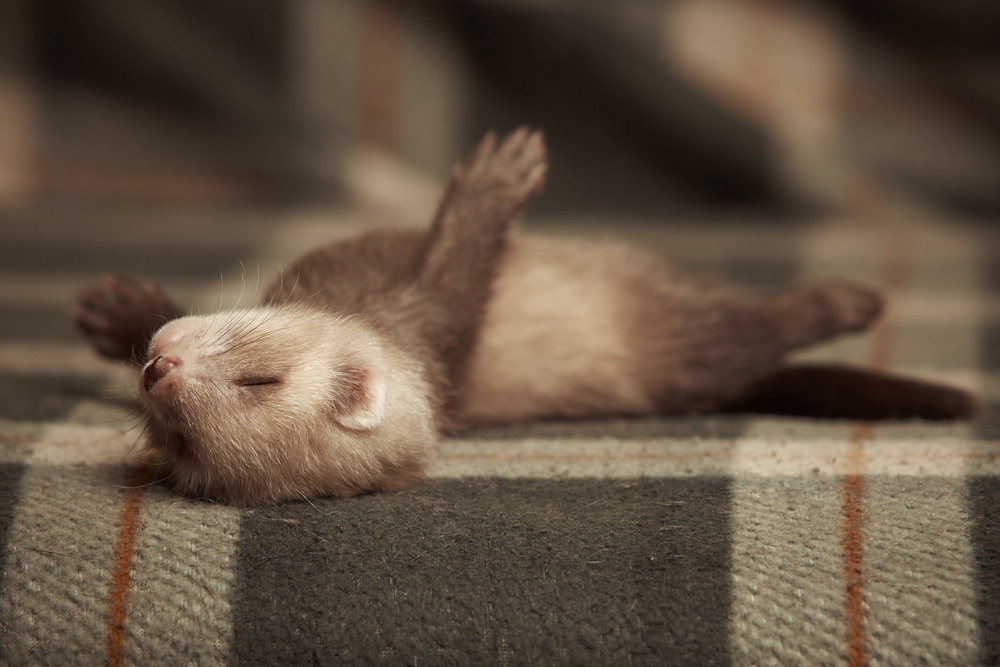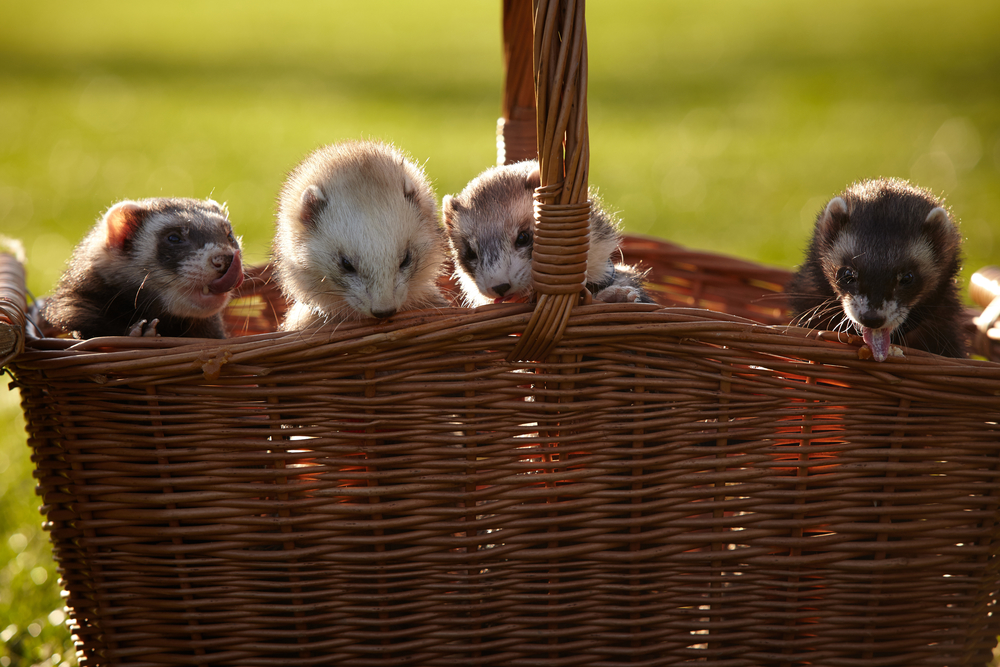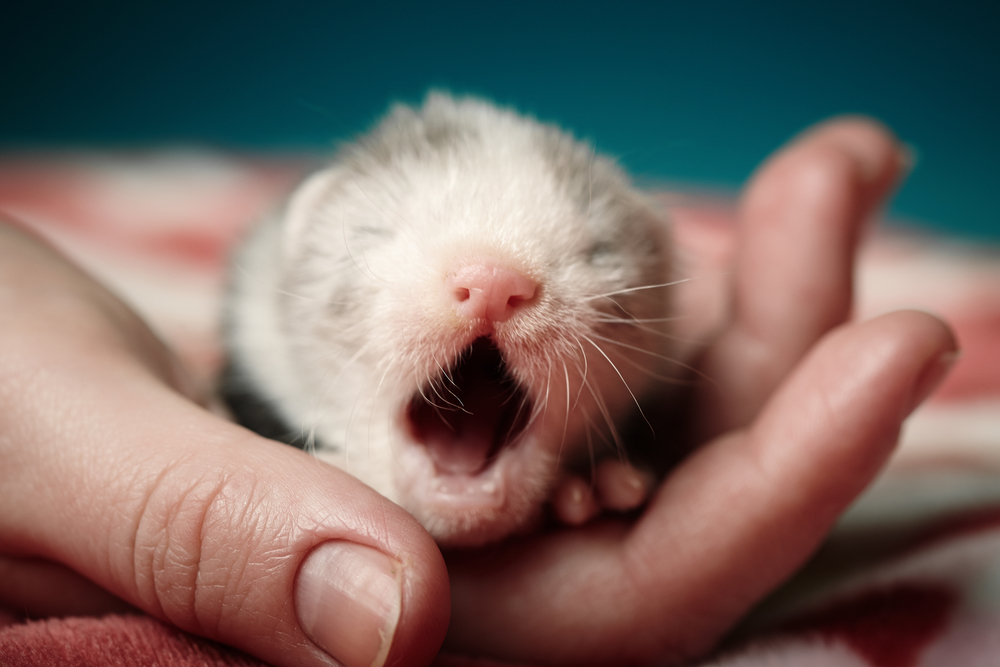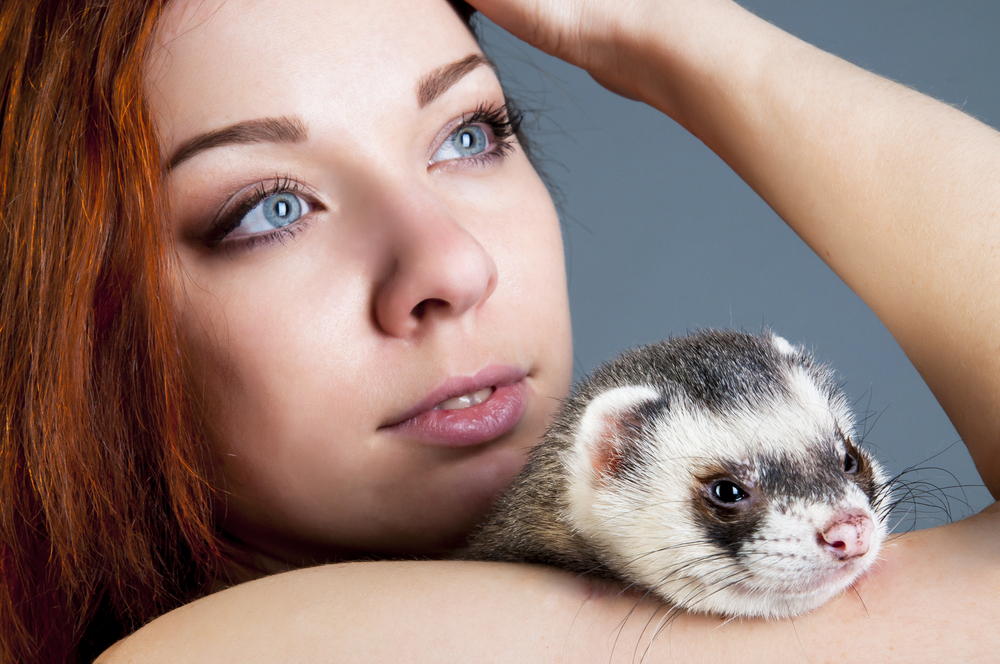There are many options available to the prospective ferret owner when the decision has been made to purchase one of these loveable creatures. Ferrets can be purchased at a local pet shop or from a private seller. If...
Ferrets
The B.A.R.F. Diet for Ferrets
Many experienced ferret owners adhere to what is known as BARF — the bones and raw food diet. Proponents believe that because ferrets are natural carnivores, they should be fed only uncooked meats and bones, as these...





